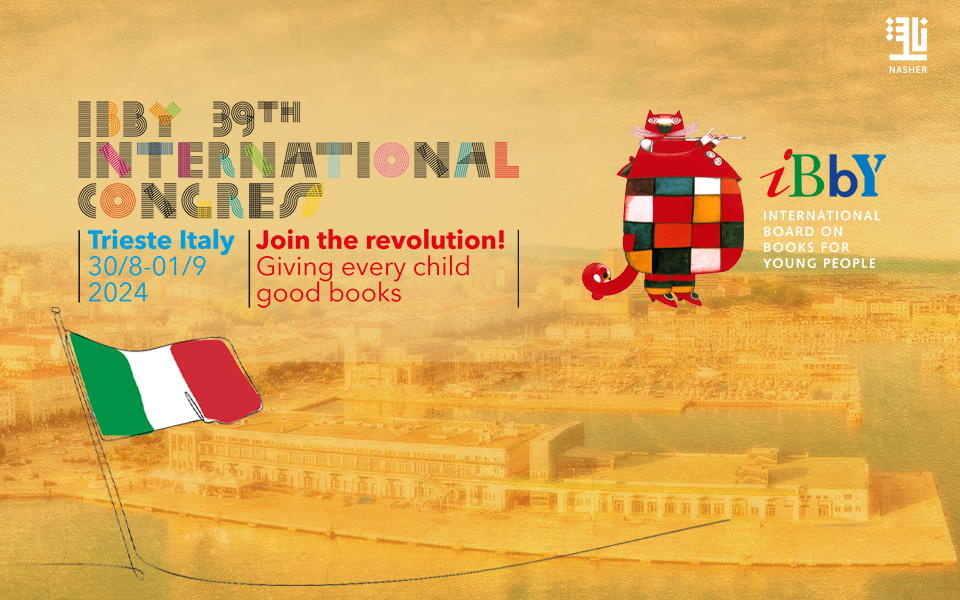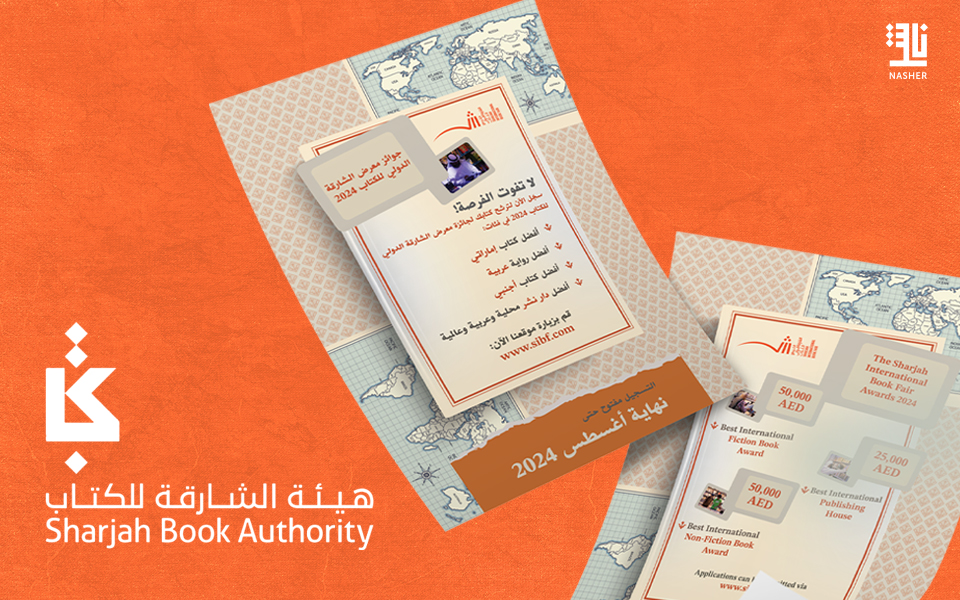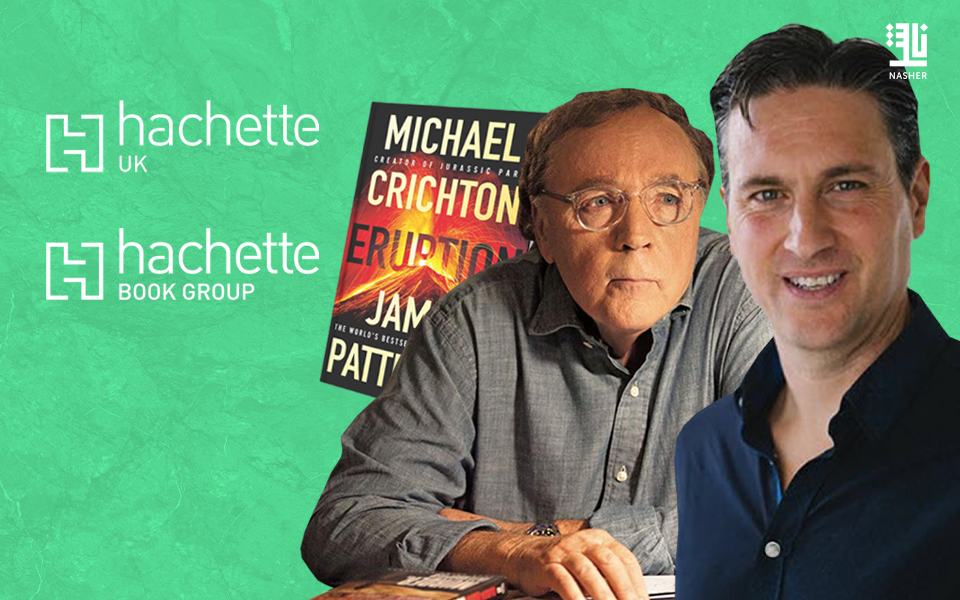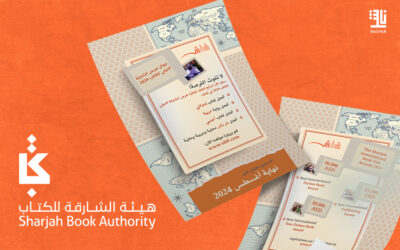Arabic literature, has for a long time ignored the existence of disabled people, despite the fact there are more than one billion disabled people worldwide, equivalent to 15 per cent of the global population. This fact led Shahd Al Shammari,to take the initiative to make the Arabic literary world a more inclusive one. Shahd Al Shammari, a writer and assistant professor of English literature at Gulf University for Science and Technology in Kuwait, was diagnosed with multiple sclerosis (MS), a disease of the central nervous system that affects the ability to walk and talk.
As Al Shammari could not find role models for disabled Arab women in literature, she set out to write a book that helped tell her story. She felt a need to correct this gap in literature but she also wanted to see more raw stories about those struggling to fit into societies geared towards the able-bodied. Notes on the Flesh is a collection of short stories unravelling the complexities of identity, love and disability in the Middle East. The protagonist is a woman who discovers she has MS and the book focuses on her journey of discovering this new condition and struggling to accept it. Unreliably narrated, these are the stories of women and men who have lost the war against patriarchy. Adolescent love, intimacy and familial sacrifices are the shadows that accentuate the unhealable rift between tradition and modernity. The book is divided into two parts, the first is more of an autobiography, while the second part is more of stories from different characters. These characters narrate their vulnerabilities, traumas, and the memories they carry.
Al Shammari started her career studying mental illness representations in literature, at a time she was struggling with her own physical disability (Multiple Sclerosis) she explains that “I was frustrated with the lack of narratives dealing with disability that weren’t horrific, tragic, or catastrophic. There wasn’t anything about Arab women either. I found a few memoirs here and there but they usually dealt with cancer and were focused on a different generation”.
She goes on to add that there’s another personal reason, “of course, as all writing starts out- I wanted to heal, to narrate my pain, to voice the story. I was tired of carrying stories within my body (and stories of other women and men too)”
The book was the first of its kind and universally well-received,especially women and individuals living with disability (both viisble and invisible). This led to Al Shammari to be invited to the Emirates Literature Festival in Dubai in 2018. It was a session on Arab women’s literature and Al Shammari was on that panel with her book that deals with both gender and disability. Many people approached Al Shammari after the end of the session stating that they wish there were more panels on disability at the festival and at universities in the MENA region.
According to Al Shammari; representation is important and that organisations, festivals and institutions must play a part in helping provide a platform and “help get the work out there, the voices out there”. She adds that we need to “talk more about disability in the same way we talk about women, minorities, and feminism. How can we not? So while I think the book is being read by the youth and students, it still needs more recognition and less confusion.” She explains that some readers were upset that the story of Notes on the Flesh is too “sad” and/or difficulty to digest. Her response to that claim is a simple one; “disability is not a story that needs to be resolved or cure. I tell it as it is. This bothers many people, but at least, we are starting the conversation.”
Disability and long-term illness remain taboo subjects, in the same way that women’s bodies and stories are still hidden and muffled. Al Shammari acknowledges the need for more stories that place the protagonist living with such conditions at the heart of narratives, not existing on the margins. She addresses some memoirs in Arabic, such as Radwa Ashour’s ‘Heavier Than Radwa’ and ‘The Scream’ both of which are in Arabic and touch upon her struggle with cancer – a subject that seems more widely spoken about in Arabic literature. Notes on a Flesh, challenges the old traditional aspects of Arabic Literature and opens the door for it to be more inclusive.
By Raya Al-Jadir







